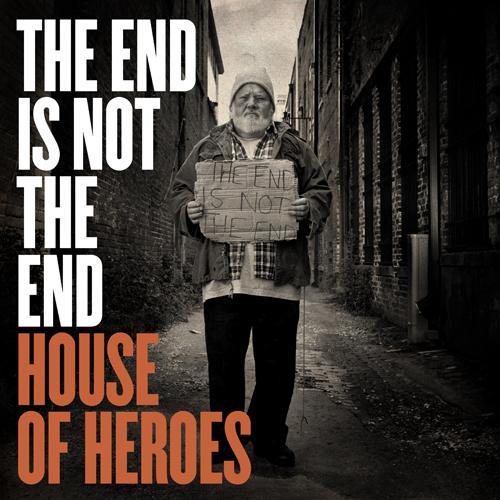 Some time back I wrote an article about a band I had discovered called A Rotterdam November. The reason the album was so interesting to me is because the backdrop against which the stories of the songs were written was the Second World War. I am intrigued by history and this war particularly stands out as a hinge, a turning point in the society of the world. It was a war of ideologies. It was a war in which sides were chosen, not for allegiance or commonality per se, but because one’s chosen allies were less hated than one’s enemies. A case in point would be the Soviet Union joining the Allied powers (though Stalin’s politics and means of rule differed greatly from, say, Great Britain) simply because Nazi Germany was a greater enemy. The only potential exception might be the alliance of the United States and Great Britain.
Some time back I wrote an article about a band I had discovered called A Rotterdam November. The reason the album was so interesting to me is because the backdrop against which the stories of the songs were written was the Second World War. I am intrigued by history and this war particularly stands out as a hinge, a turning point in the society of the world. It was a war of ideologies. It was a war in which sides were chosen, not for allegiance or commonality per se, but because one’s chosen allies were less hated than one’s enemies. A case in point would be the Soviet Union joining the Allied powers (though Stalin’s politics and means of rule differed greatly from, say, Great Britain) simply because Nazi Germany was a greater enemy. The only potential exception might be the alliance of the United States and Great Britain.
Now another band, a favorite of mine, has put out an album that uses this unbelievable war as the vehicle for its themes and lyrical stories. The band is House of Heroes and the album is “The End Is Not the End.” Let me say that I have not yet purchased this album (though I intend to) but I have listened to all of the tracks online and I am very eager to get my hands on it.
The music of House of Heroes on previous albums has been strong, loud, riff-oriented alternative rock with some Beatles-esque pop sensibilities worked in at times. But for the most part wall-of-sound is the order of the day. The songs recorded for “The End” are no different however there is a common theme due to the WWII references. Themes include loving one’s enemies, courage, living and dying for something greater than oneself, finding God through adversity, and finding redemption.
The cast of characters for these lyrical tales include a man who wrestles with God in Jacobean fashion (“In the Valley of the Dying Sun”), two brothers called up to fight a war in which one does not survive (“By Your Side”), a man who’s homeland is overrun by the enemy but he stays to fight for his way of life (“Codename: Raven”), a person who finds himself a political prisoner in his own country (“Leave You Now”), and, in one of the stranger, more cryptic songs, a man and a woman who love one another yet the woman is the citizen of a Communist country, however the man’s nationality is not given (“Baby’s a Red”).
Musically, the overall sound on this album is similar to what is found on previous HOH records with loud guitars and plenty of cool riffs. But the dynamics within each song on “The End” are more varied. A song may go from a driving rock chorus to a shuffling, clean, falsetto-laden verse at any moment. Vocally, this album uses a lot of layering and multi-part harmonies to deliver a very Queen-like vocal mix (think Bohemian Rhapsody but less operatic). Lyrically, the timeless themes of faith, hope, and love are delivered in a unique way with the WWII imagery.
If you like modern alternative rock, at least listen to a few clips of this album on iTunes, Amazon Mp3 or YouTube and check out “The End Is Not the End” by House of Heroes.


Recent Comments